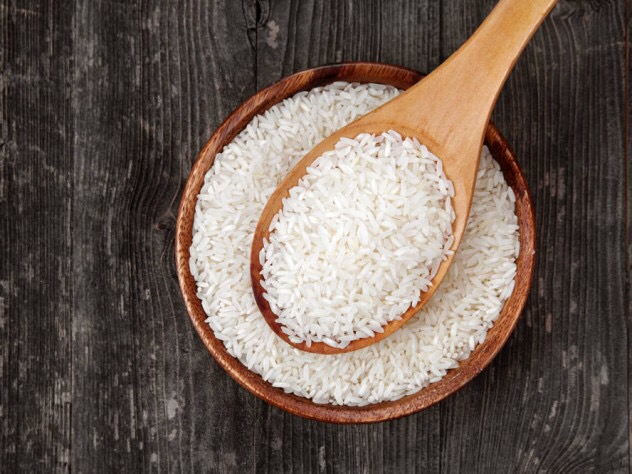
B vitamin content of rice declines with rising CO2
RISING LEVELS OF ATMOSPHERIC CO2 don’t just warm the planet, they lower the levels of beneficial vitamins and other nutrients in grains and edible plants.
New research
has shown that rice grown at carbon dioxide levels that could be reached as soon as 2050 are expected to suffer a one-sixth to nearly one-third loss of their B vitamin content.
A study
conducted at the Harvard T.H. Chan School of Public Health (HSPH) now quantifies the health impact of that change.
Globally, rice is humanity’s most important staple food, and for half a billion people, the crop provides more than 50 percent of their daily calories.
That poses a serious potential problem:
a prior study published by principal research scientist Samuel Myers and colleagues at HSPH found that when atmospheric CO2 reaches 550 parts per million (up from its current 410+ ppm),
the reduced protein content of the rice will lead to protein deficiency in an additional 148 million people.
That work also documented declines in the iron and zinc content of rice, wheat, barley, legumes, maize and potatoes—all of them important staple foods.
Harvard Magazine
https://harvardmagazine.com/2019/07/rice-b-vitamin-content-declines